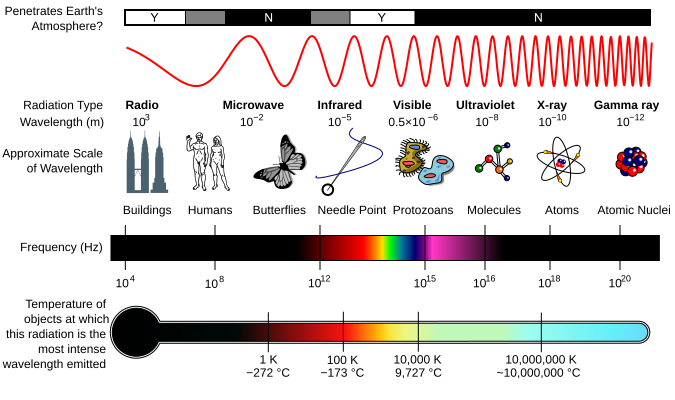- Teacher: Admin User
faithjepchirchir.gnomio.com
-
Welcome to your new Gnomio site
Now, you are in control!
Moodle is an open-source Learning Management System (LMS) that provides educators with the tools and features to create and manage online courses. It allows educators to organize course materials, create quizzes and assignments, host discussion forums, and track student progress. Moodle is highly flexible and can be customized to meet the specific needs of different institutions and learning environments.
Moodle supports both synchronous and asynchronous learning environments, enabling educators to host live webinars, video conferences, and chat sessions, as well as providing a variety of tools that support self-paced learning, including videos, interactive quizzes, and discussion forums. The platform also integrates with other tools and systems, such as Google Apps and plagiarism detection software, to provide a seamless learning experience.
Moodle is widely used in educational institutions, including universities, K-12 schools, and corporate training programs. It is well-suited to online and blended learning environments and distance education programs. Additionally, Moodle's accessibility features make it a popular choice for learners with disabilities, ensuring that courses are inclusive and accessible to all learners.
The Moodle community is an active group of users, developers, and educators who contribute to the platform's development and improvement. The community provides support, resources, and documentation for users, as well as a forum for sharing ideas and best practices. Moodle releases regular updates and improvements, ensuring that the platform remains up-to-date with the latest technologies and best practices.
Links of interest:
(You can edit or remove this text)
Available courses

The Introduction to Microbiology is a key topic that introduces students to the fundamental principles of microbiology, setting the stage for deeper exploration into specialized areas such as medical, environmental, and industrial microbiology.
Key Aspects of This Topic:
-
Microbial Classification and Diversity
-
Overview of different types of microorganisms (bacteria, viruses, fungi, protozoa) and their classification systems.
-
-
Microbial Structure and Function
-
Study of microbial cell structures, functions, and metabolic processes that are vital for their survival and reproduction.
-
-
Microbial Growth and Nutrition
-
Exploration of factors affecting microbial growth, how they obtain nutrients, and how different environmental conditions impact growth.
-
-
Microbial Pathogenesis and Host Interaction
-
Understanding how microorganisms interact with hosts, mechanisms of disease, and how the immune system responds to infections.
-
Purpose of the Topic:
-
To establish a strong foundation in microbiological principles.
-
To help students understand the role and importance of microorganisms in health, disease, and the environment.
- Teacher: Admin User